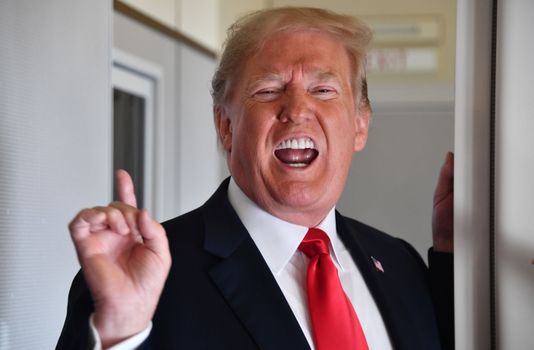Students at the University of Illinois can now opt for a course about President Donald Trump’s war on facts, press, and democracy. The eight-week journalism course on “Trumpaganda” will explore the U.S. leader’s relationship with the media and his use of the “fake news” term.
To be taught by an associate professor in media Mira Sotirovic, the course will also discuss the use of Twitter by President Trump to release important statements, and how propaganda is still used in a democracy.
“Propaganda is effective only if it is concealed and camouflaged as something else, such as news, advertisements or PR releases, and it is critical to learn how to detect propaganda and recognize propagandistic features of any communication, including presidential,” Sotirovic told the Daily Illini.
According to Stephanie Craft, who is the head of the Journalism Department at the university, the course is open to students studying all majors. It which will inform them about ways the Trump administration communicates with the media.
“This particular course is the first of what we hope will be a series of what we’re thinking as pop-up courses, where we’re trying to identify things that are very in the news and build an eight-week course around it,” Craft said. “That would be of interest to the broader University community, not just journalism majors.”



